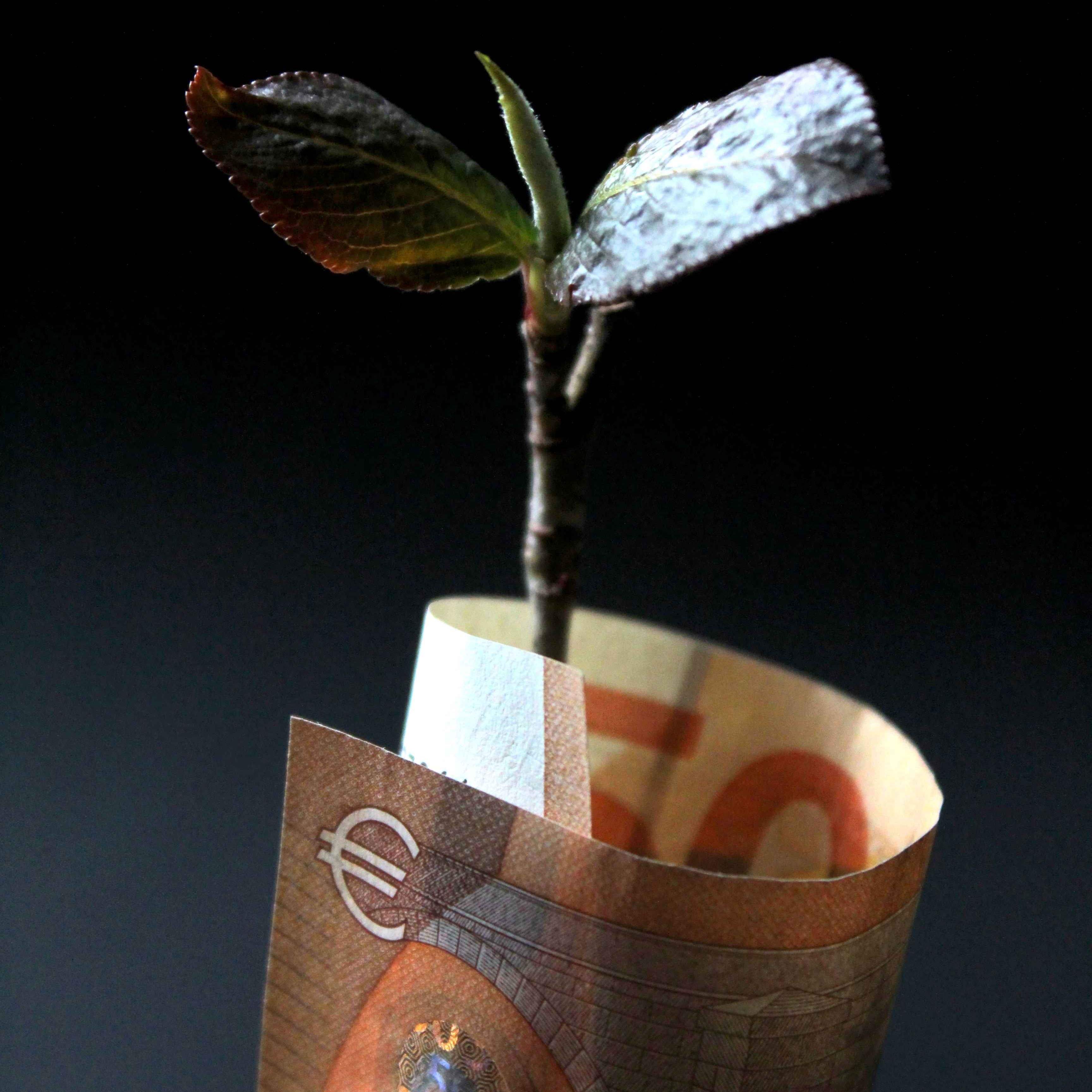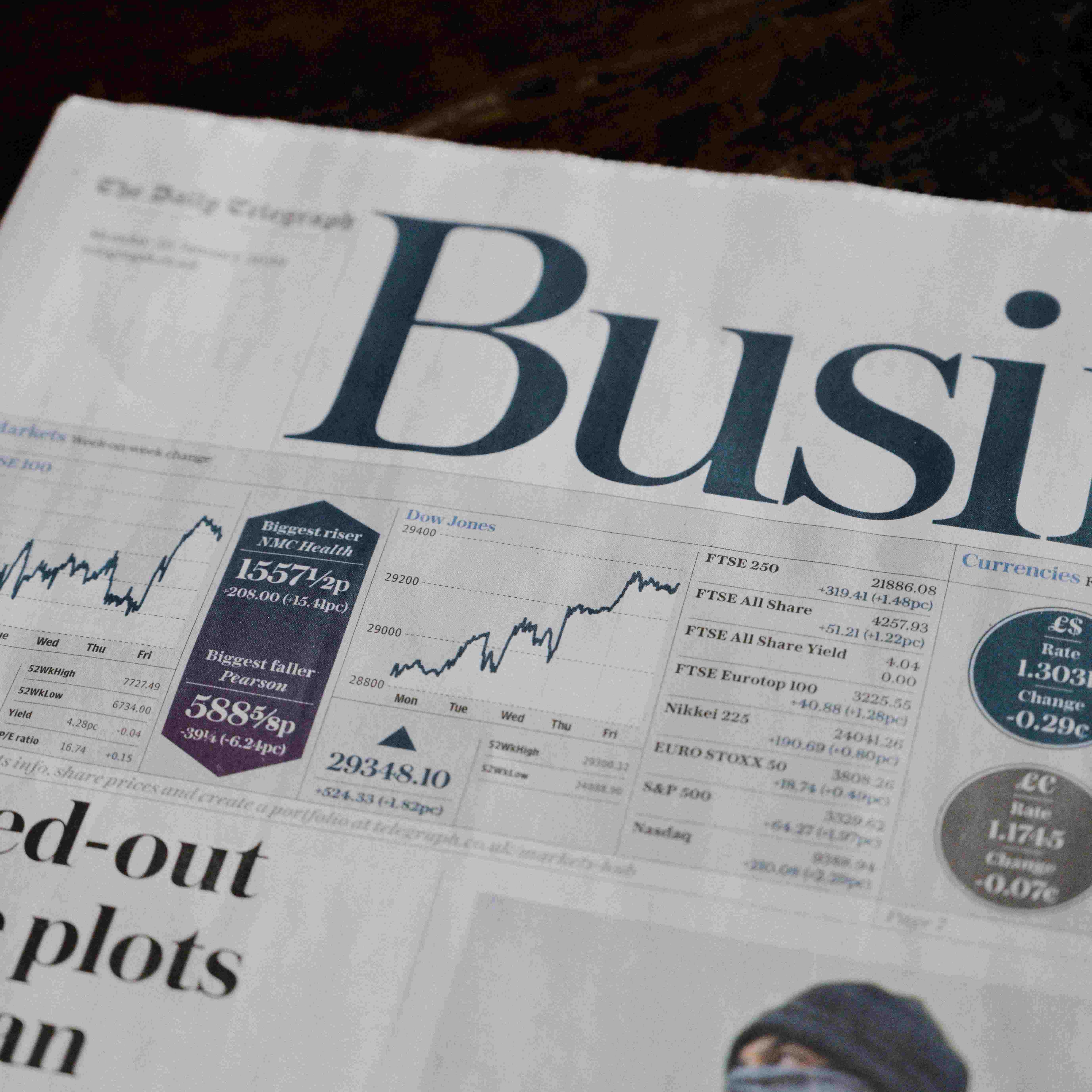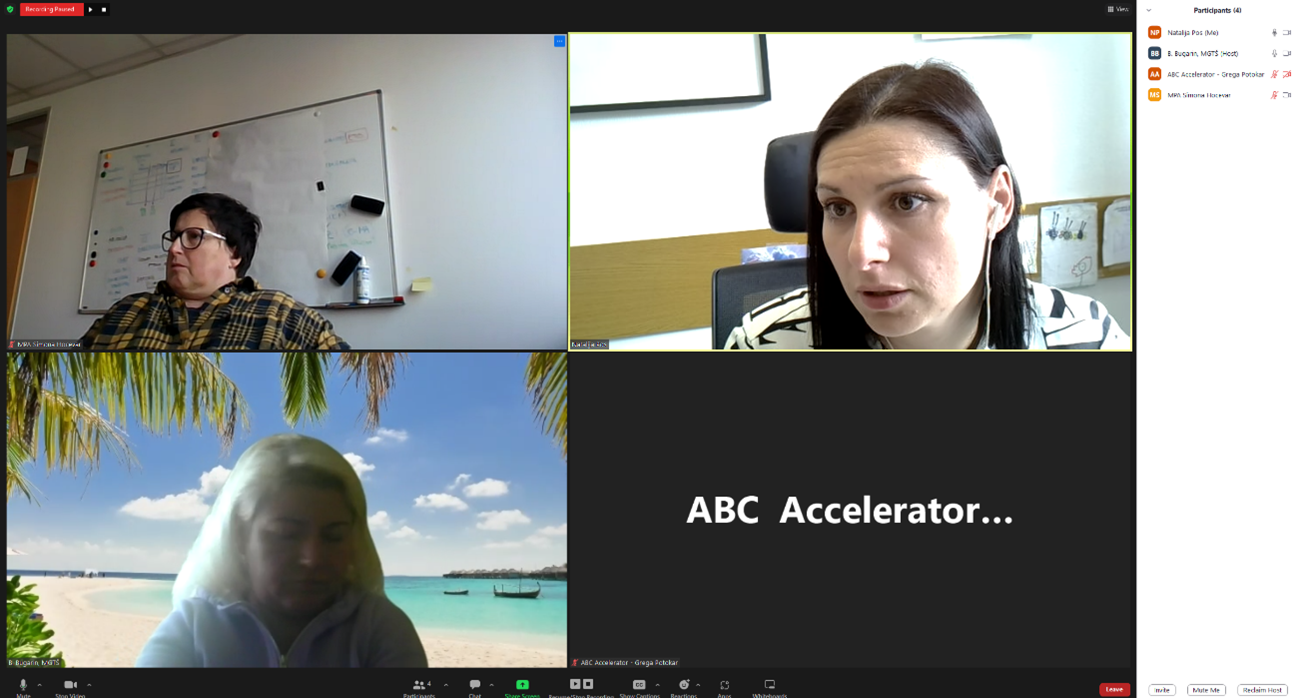Europe will see its biggest transfer of share trading in more than two decades when stock exchanges open for business in 2021, with Brexit shifting its centre of gravity away from London. While market players hope that years of preparations since Britain voted to leave the European Union means the transition of most euro-denominated assets like shares and derivatives out of the country will be relatively smooth, the long-term impact is unclear.
“This is a big bang event and that is one of the things that the market hasn’t truly understood yet,” Alasdair Haynes, chief executive of London-based share trading platform Aquis Exchange, told Reuters.
“This is literally everything moves on a specific day and we have got to pray to God that we don’t have some extraordinary event happen in the market that creates high volumes,” Haynes said.
While the landmark trade deal agreed last week set rules for industries such as fishing and agriculture, it did not cover Britain’s much larger finance sector, meaning automatic access to the EU’s financial markets came to an end on 31 December 2020.
The following days will provide a first taste of the effects of the shift and regulators on both sides of the English Channel will be on alert for market dislocations on 4 January, the first trading day of the new year.
The EU wants to reduce reliance on the City of London for financial services and see more euro-based trading in Frankfurt, Paris, Amsterdam and other financial centres in the bloc. That will split Europe’s stock, bond and derivatives markets into two separate trading pools, raising concerns that investors will get less competitive prices.
EU banks must trade euro-denominated shares inside the bloc from 4 January, forcing them to switch from platforms run by the likes of Cboe Europe, Aquis Exchange, London Stock Exchange’s Turquoise and Goldman Sachs in London, to EU hubs they have opened in Amsterdam or Paris.
Most shares are still traded on their home exchange, but between them, London platforms account for nearly all cross-border trading in shares in the remaining 27 EU states. That amounted to €8.6 billion a day collectively in October, or a quarter of all European trading, Cboe data shows.
David Howson, president of Cboe Europe, said almost all cross-border European stock trading will switch overnight. The last time there was such a rapid shift in volumes was in 1998 when trading in 10-year German Bund futures by dealers in stripy jackets on the LIFFE exchange floor in London was lured by cheaper electronic screens to Frankfurt.
For more information on the topic: https://www.euractiv.com/section/uk-europe/news/brexit-big-bang-to-trigger-tectonic-trading-rift-in-europe-2/













